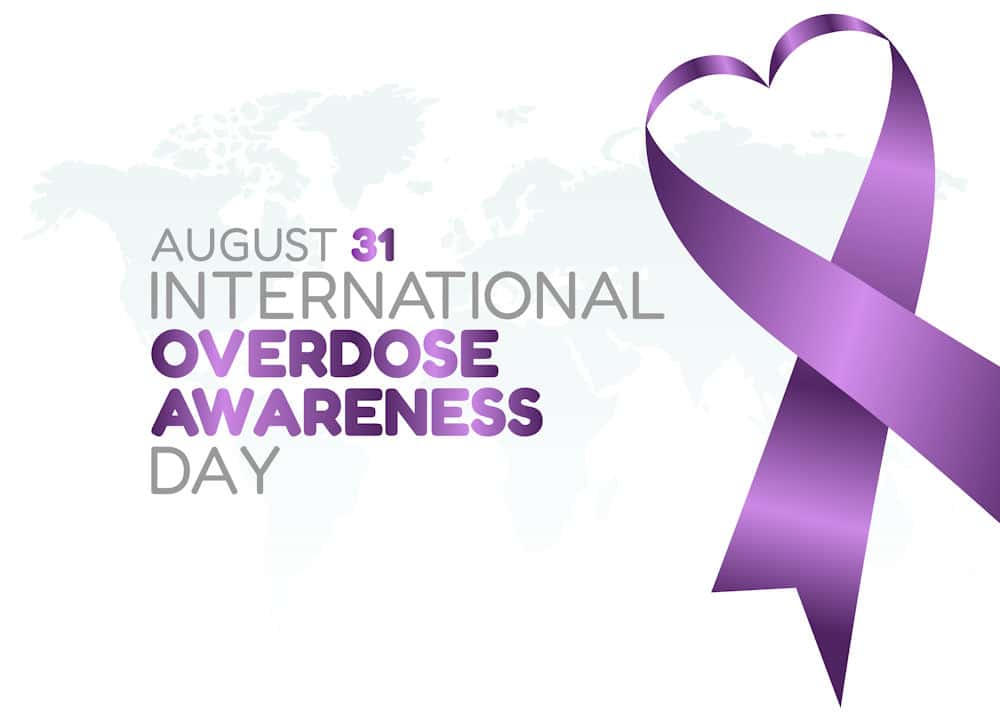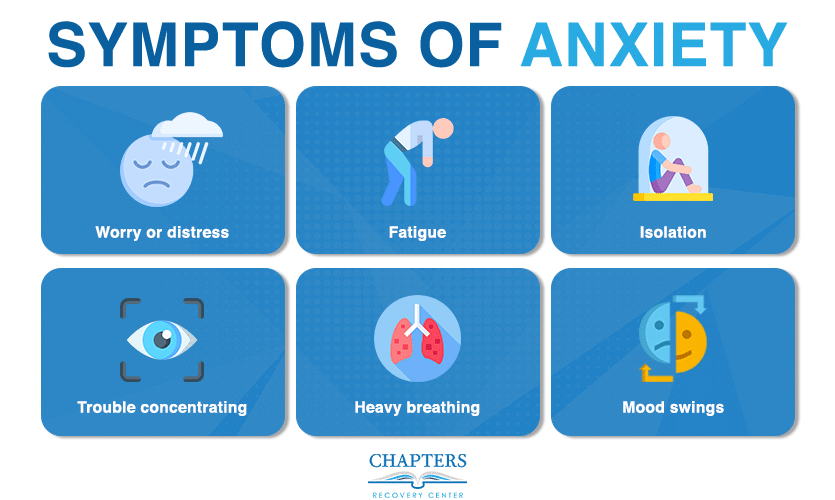Substance abuse and addiction is an illness that affects many across the U.S. Recognizing the signs of an overdose can help determine what to do next. While you can overdose on a variety of substances certain types of substances pose more of a threat.
At Chapters Recovery Center in Danvers, Massachusetts we offer resources to help identify the risk factors and signs of an overdose so you understand what these substances can do to your body and what you can do if you or a loved one overdose.
Statistics About Overdose in the United States and Danvers, Massachusetts
If you or someone you know struggles with substance abuse, you can seek help with a rehab center in Massachusetts. Unfortunately, this is a disease that results in around 100,000 deaths a year in the U.S. Due to a rise in the number of people turning to opioids and other substances for relief, Massachusetts has the fifth-highest number of addiction cases.
- According to the National Safety Council, 7 out of 10 opioid deaths are male.
- In Massachusetts, 33.9 persons per 100,000 die from a drug overdose according to the CDC.
- The Massachusetts government reported that opioid-related deaths increased from 2016 to 2021, but the percentage of some opioid-related deaths, including benzodiazepines and heroin decreased at the end of 2021.
- In 2021 there were 2,119 opioid-related overdoses involving fentanyl, benzos, alcohol, amphetamines, cocaine, or heroin.
- Of the overdoses in 2012 93% involved fentanyl, 51% involved cocaine, 31% involved benzodiazepines, 29% involved alcohol, 10% involved heroin or amphetamines and prescription opioids were present in 13%.
What is an Overdose?
An overdose is the intake of a substance that exceeds the recommended amount. This is often about a drug or illegal substance, such as:
- Alcohol
- Stimulants (cocaine, nicotine, methamphetamines, and prescription drugs)
- Opioids (Fetanly, Heroine, oxycodone, morphine, methadone, and hydrocodone)
- Benzodiazepines
Overdosing in these substances harms your body and can sometimes result in death. Often, overdoses are unintentional and require a quick response to prevent death or permanent damage.
What Types of Substances Can Cause an Overdose?
You can overdose on various substances, so it’s important to use caution, especially with alcohol and prescription drugs. Since an overdose is the intake of a toxic or higher than the recommended amount of any substance, you can overdose on medication and even herbal remedies, such as ginseng or ginkgo. However, it’s more common to overdose on illegal substances such as heroin or alcohol as a result of binge drinking. People also can overdose on prescription medications by taking too much or by taking them with other substances such as alcohol.
What Are the Signs of Overdose?
The signs of an overdose vary depending on the substance being used. Seeking medical attention immediately upon noticing the signs can potentially save a life. Here are signs to look for with different substances:
Stimulant Overdose Signs

What Happens in the Body During an Overdose?
During an overdose, the body reacts in multiple ways. A toxic intake of certain amounts of substances affects the systems and organs in the body differently. For example, an opioid overdose affects your blood, brain, heart, and lungs.
Many opioids can be injected intravenously and may cause veins to collapse which restricts normal blood flow. This can limit oxygen flow to the brain and cause brain damage. Opioid overdose also depresses the respiratory system and can cause pulmonary edema which is a condition of the lungs when fluid fills air spaces and makes it difficult or impossible to breathe.
A benzodiazepine overdose typically suppresses the central nervous system which includes the brain and its functions. During this type of overdose, the respiratory system is also suppressed, making it difficult to breathe. In extreme cases, an overdose of benzodiazepines can result in the individual becoming comatose.
Risk factors that Contribute to an Overdose
Becoming familiar with some of the factors that put you or a loved one at the most risk for an overdose can help you prevent an incident. Pre-existing conditions or changes to the intake or makeup of the drug can create a higher risk of overdosing. Here are some characteristics that can be considered risk factors for an overdose:
- Age (Adults 65 years and up are more vulnerable and young adults are at higher risk of misuse)
- History of mental health issues
- Respiratory conditions such as sleep apnea, asthma, or pulmonary disease
- Chronic health conditions such as heart or lung disease, HIV, or hepatitis
Other risk factors that can contribute to an overdose include:
- Changes in tolerance after a period of using less or stopping substance use entirely.
- Mixing medications such as stimulants with depressants
- Taking opioids with other medications that depress the central nervous or respiratory system
- Changes in the chemical composition of a drug or the supply
- Highly addictive properties of some substances
Mitigating or monitoring these factors can help prevent an overdose or recognize one when it occurs.
What Can You Do When Someone is Experiencing an Overdose?
If you think that someone is experiencing an overdose, the first thing you can do to help is to call 911. You can mention to the operator that you suspect an overdose or share that someone is experiencing an emergency, then provide an address so that trained professionals can come to your aid.
Next, check for the signs of an overdose, such as unresponsiveness, shallowness or absence of breathing, a slow pulse, pinpoint pupils, or blue fingertips or lips. If you’re able to support the person’s breathing this can help prevent damage to vital organs, especially the brain. You can check their breathing by listening closely to their mouth for breath signs or watching their chest. If necessary you can perform CPR if you’re familiar with the steps (check the Good Samaritan law in your area).
You can also administer naloxone if you suspect an opioid overdose. Naloxone is a medication that reverses the effects of opioids, but it has no effect if opioids aren’t present. You can get this at your local pharmacy without a prescription and it’s available as a nasal spray or injection.
When someone is experiencing an overdose it’s important to stay with them until help arrives. Even if all you can do is call 911 and wait, you may potentially save a life.
Can You Prevent a Drug Overdose?
You can prevent a drug overdose by restricting the use and recognizing the signs of addiction. It also helps to be aware of the risk factors of drug abuse. If you or someone you know struggles with substance use, it’s important to seek treatment, which is one of the best defenses against drug overdose.
Education is also a valuable tool in preventing a drug overdose. We provide ample resources to help individuals and family members who struggle with substance use.
How Are Overdoses Treated?
Overdoses are treated based on the type of substance. Different drugs have varying effects and require unique treatment. For example, naloxone is given in opioid overdose cases. Flumazenil can reverse a benzodiazepine overdose, but often medical professionals treat the symptoms of this type of overdose instead. The same is true in cases of alcohol or amphetamine overdoses;
symptoms such as difficulty breathing are treated in response to the drug effects rather than reversing the effects.
Receive Professional Help for Drug Addiction at Chapters Recovery Center
Pursuing rehab is the most effective way to treat addiction and start on your road to recovery. Chapters Recovery Center offers many treatment programs and resources to help you get off of drugs and stay sober, including drug and alcohol detox, sober living, and aftercare.
We provide access to licensed therapists and certified addiction specialists who can create a personalized treatment plan for you. Their primary focus will be giving you the care and tools to achieve lifelong sobriety. Your first step is to contact us today to get the help you need. If you want to quit your addiction and live a happier life, we can start you on your journey today.
References
https://www.cdc.gov/nchs/pressroom/states/massachusetts/ma.htm
https://www.mass.gov/doc/opioid-related-overdose-deaths-among-ma-residents-june-2022/download








